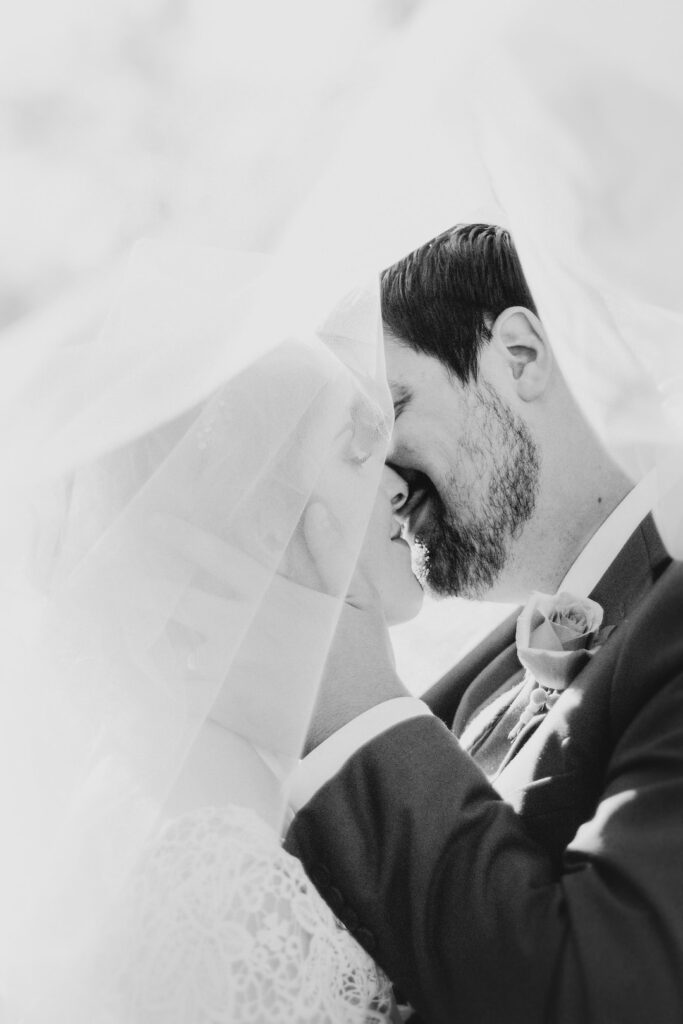How to Forgive a Cheating Husband: A Guide to Healing and Moving Forward
Discovering that your husband has been unfaithful can be one of the most heart-wrenching and devastating experiences a person can go through. It’s a situation that no one ever wants to find themselves in, but unfortunately, it’s more common than you might think. In fact, did you know that according to a recent study, 20% of marriages experience infidelity? The numbers are sobering, but it’s important to remember that healing and moving forward is possible, and forgiveness can be a powerful step towards finding peace and happiness once again.
Understanding the Emotions
When you first learn about your husband’s infidelity, it’s normal to be flooded with a range of emotions. Anger, sadness, confusion, and even a sense of disbelief are all common reactions. It’s crucial to allow yourself to feel these emotions without judgment or guilt. Remember, it’s okay to feel hurt and to grieve the loss of trust and security in your relationship.
Accepting the Reality
As difficult as it may be, accepting the reality of the situation is the first step towards healing. Acknowledge that the infidelity has occurred and that it has caused tremendous pain. By facing the truth, you can begin to process the emotions and start the journey towards forgiveness.
Seeking Support
Navigating the aftermath of infidelity can be incredibly challenging, and it’s important not to go through it alone. Reach out to trusted friends, family members, or a therapist who can provide a listening ear and valuable support. You don’t have to carry this burden by yourself, and talking about your feelings can be a crucial part of the healing process.
The Power of Forgiveness
Forgiveness is not about excusing or accepting the betrayal; it’s about releasing the hold that the pain and anger have on you. When you forgive, you free yourself from the heavy weight of resentment and bitterness, allowing space for healing and personal growth.
Cultivating Empathy
Empathy can play a significant role in the forgiveness process. While it may feel counterintuitive, trying to understand the reasons behind your husband’s actions can help humanize him and provide a different perspective. This doesn’t justify the betrayal, but it can assist in softening your heart towards the idea of forgiveness.
Practicing Self-Compassion
In the midst of the turmoil, don’t forget to show yourself compassion. It’s natural to blame yourself or feel unworthy in the wake of infidelity, but it’s essential to remind yourself that you are not defined by your husband’s actions. Treat yourself with kindness and love as you navigate this difficult chapter.
Incorporating Forgiveness into Daily Life
Finding forgiveness is a journey, not a one-time event. Here are some practical ways to incorporate forgiveness into your daily life:
Practice Mindfulness
Engaging in mindfulness practices, such as meditation or deep breathing exercises, can help you stay present and manage overwhelming emotions. It allows you to observe your thoughts and feelings without being consumed by them, fostering a greater sense of calm and clarity.
Engage in Self-Care
Prioritize self-care activities that nourish your body and soul. Whether it’s taking a long bath, going for a nature walk, or indulging in a hobby you love, self-care can uplift your spirits and remind you of your inherent worth.
Set Boundaries
As you work towards forgiveness, it’s crucial to establish healthy boundaries in your relationship. Communicate your needs and expectations clearly, and don’t hesitate to seek professional guidance if necessary. Boundaries promote mutual respect and aid in the rebuilding of trust.
In Conclusion
Discovering that your husband has been unfaithful is undoubtedly a painful experience, but it doesn’t have to mark the end of healing and happiness. By allowing yourself to feel and process your emotions, seeking support, and embracing the power of forgiveness, you can chart a path towards personal healing and relational restoration. Remember, forgiveness is a gift you give yourself, and it has the potential to set you free from the chains of resentment and anger. As you embark on this journey, be gentle with yourself and trust that with time, healing is possible.











